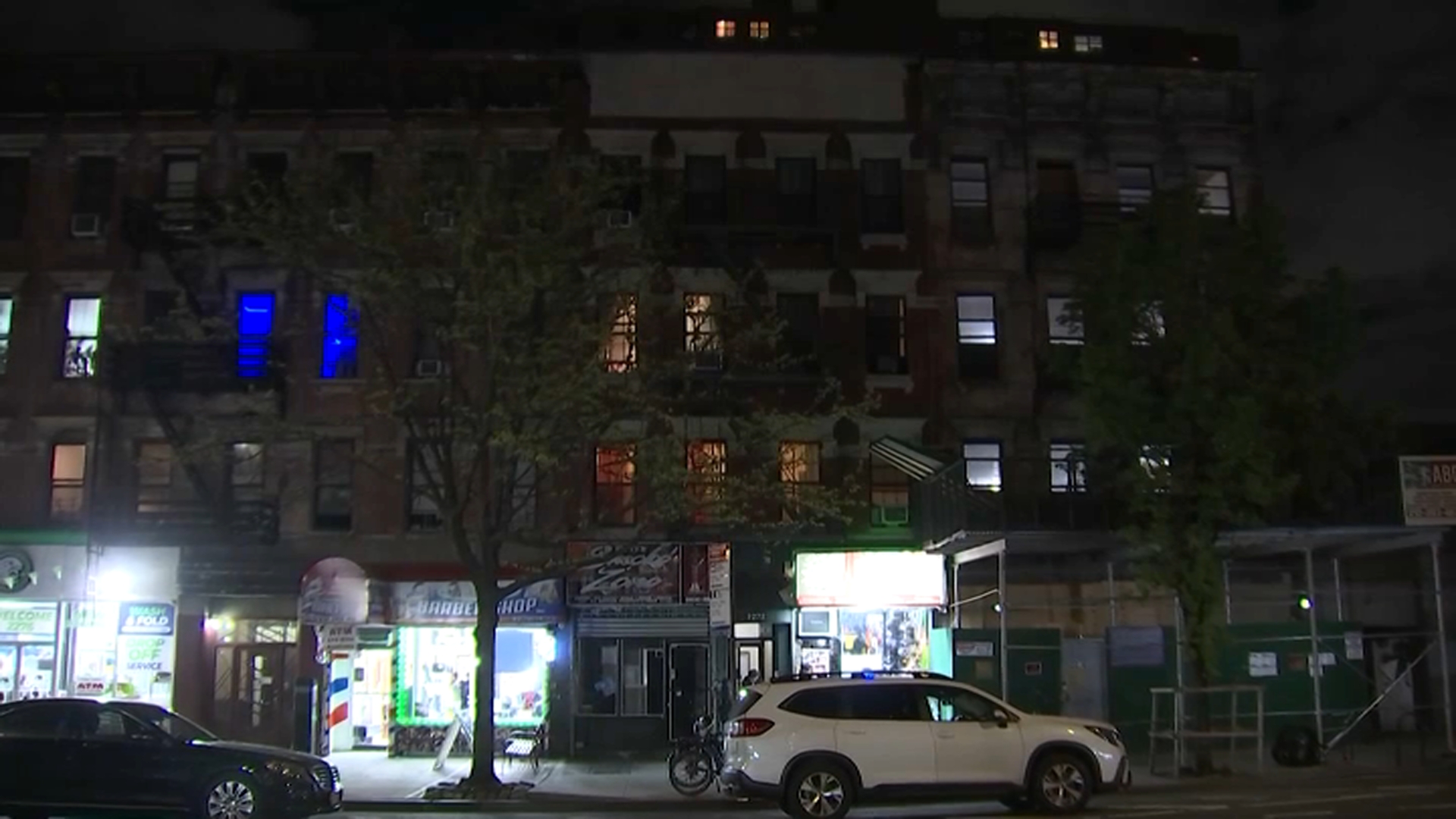This the second installment in an occasional series of reports from the Jersey shore from Andy Clurfeld, an award-journalist who has called the Jersey Shore home for decades. Read the first entry here.
Shortly before dawn on Nov. 7, while the Obama revelers were winding down, Katie Johnson sat up in bed, in full-court panic mode.
“Housing. What was I going to do? What were we all going to do?”
Katie and her husband Jim have three children, Jeremy, 14; Justin, 13; Jordan, 10. The Johnsons had sent their two sons and their daughter to live, safe and warm, with Jim’s mother in Maryland. Stella, their English pointer, was with Katie’s brother in Connecticut. Katie and Jim were bunking with friends, not far from their Sandy-wrecked house in Rumson, N.J.
Housing, in the aftermath of the storm that pummeled metro New York and left whole swaths of the Jersey shore in ruins, is, in Katie Johnson’s words, “the hugest issue.”
Local
Many folks like Katie, whose house in a close-clustered neighborhood a couple blocks from the devastated borough of Sea Bright, were scrambling to find local rentals so they could keep their kids in their schools and disrupt their lives as little as possible.
But rentals here at the shore, between demand and decimation, are few. What’s available is priced high. I suspect some longtime residents will pack up what’s left of their possessions and move --out of state. What New Jersey’s highest-in-nation property taxes couldn’t put asunder, Sandy just might.
Katie and I want to stay. As we talked yesterday, we find many commonalities and conundrums in our formerly separate lives:
- · “OK, so you find a rental, but then you have to pay all the start-up costs for utilities,” we say to each other. “And you have to keep the heat on in the wrecked house while it’s being worked on or the pipes will freeze. Where’s the money coming from?”
- · “FEMA. Did you feel like such a moocher applying for money? And what’s with the reimbursements for lost room fans? We need heat here in 30-degree Jersey nights? We’re not like Louisiana in the summer after a hurricane. Is this all based on a formula developed for emergencies in other parts of the country?”
- · “Is ‘denied’ the new normal? What about the landscaper who lost all his equipment and now can’t work? How can he pay his mortgage or rent?”
Katie and I do feel lucky. “My rental fell into my lap,” she tells me, talking about the "Brady Bunch" kitchen in her temporary home in Red Bank that’s a short drive from the boys’ schools in Rumson. “I hated cashing that FEMA check, but I had to pay the rent.” And the Johnsons owed money to carpenters and such working at their old house.
I’m staying temporarily with kind and understanding friends while I look for a rental myself -- as well as a real-deal, full-time job. Meanwhile, Katie and I both find ourselves consumed by the future of our Jersey Shore.
We each have walked through the towns along the Bayshore crushed by the storm, talked to friends who’ve lost everything. Union Beach, tattered. Atlantic Highlands’ proud harbor and magnificent marina, upended. Keyport, awash.
Highlands, with garbage and wreckage still in the streets, is disaster defined. I think of my friend Doug Douty, whose wholesale/retail seafood emporium Lusty Lobster, was flooded out, ravaged. All the local fishes that Doug sold, seafood that is emblematic of the Shore, isn’t coming out of his perch on Bay Avenue right now.
That’s a loss of so very much, including identity.
Katie Johnson gets it. When evacuated from her home, she wanted to stay as close as possible to the shore she loved, to keep her home life as intact as possible. She applied through FEMA to stay in a motel. “The nearest motels were in Newark and Trenton.” FEMA, she believes, is not prepared to deal with “catastrophes of this magnitude in the densely populated NYC metro area.”
That morning after President Obama was re-elected, when Katie shot up in bed, panicked and scared, she posted on Facebook thoughts many have been batting about at the Jersey shore:
What about using Fort Monmouth, the recently shuttered military base right here in Monmouth County, for temporary housing for the homeless and displaced? What about our very own Fort? Katie wrote.
“All our elected officials should be focused on that as a solution for right now,” Katie says.
Because we need housing now. We need housing so we can re-start our lives, hold onto our jobs, keep our kids in school. We need housing as close as possible to our home.
Andy Clurfeld is a journalist who has covered everything from food, wine and restaurants to gangs, political corruption and football in the past 35 years. She was a Pulitzer Prize finalist in public service in 2010, a longtime member of the James Beard Restaurant & Chef Awards Committee, and has won numerous state and national awards for her reporting and writing.



